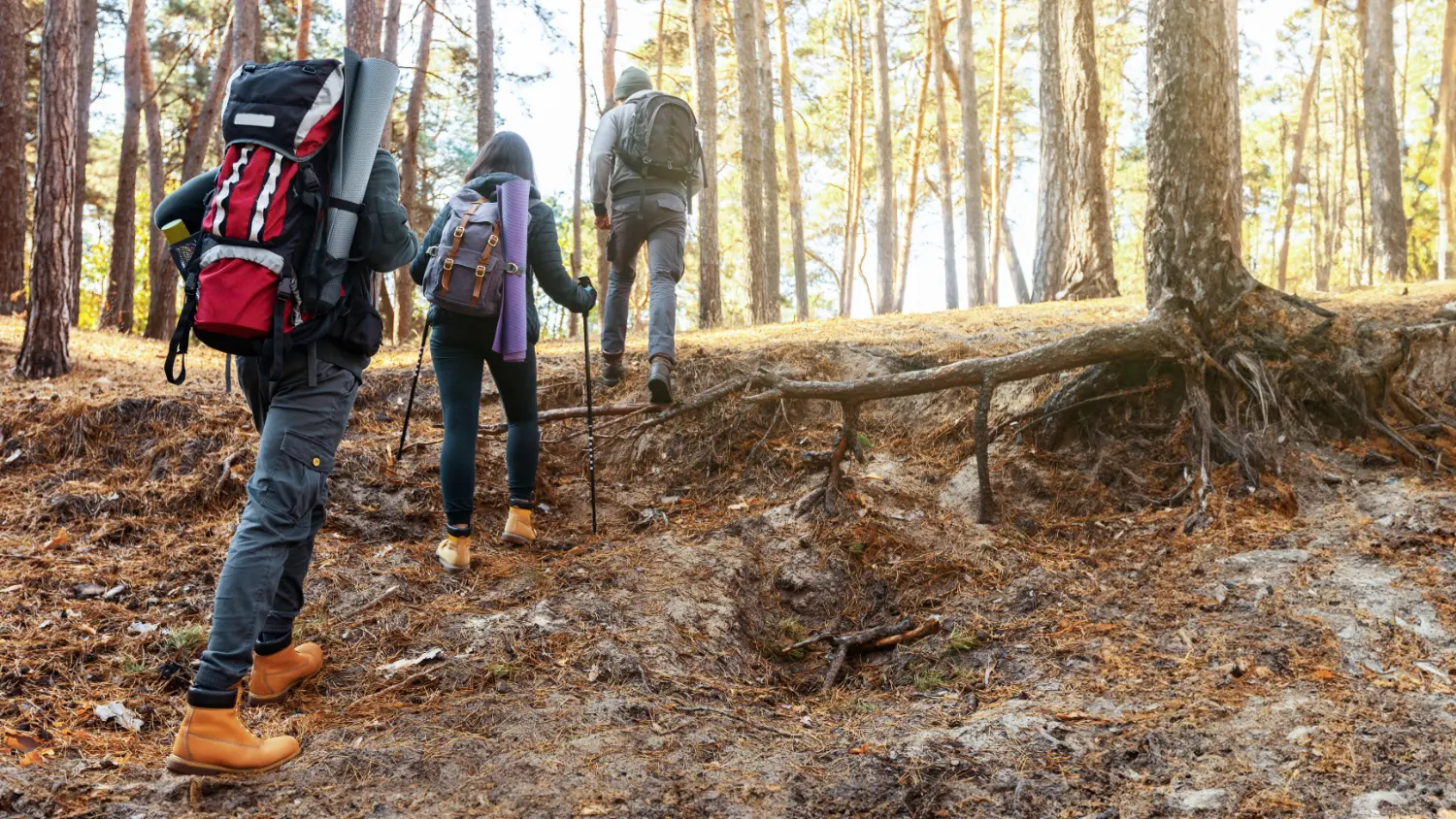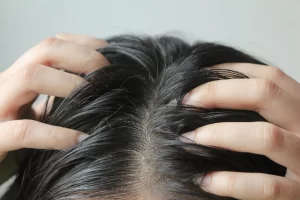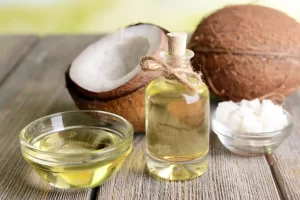
Menopause is a natural phase of life, but it comes with a range of symptoms that can affect physical and emotional well-being. From hot flashes and sleep disturbances to mood swings and joint pain, many women seek natural ways to manage these challenges.
Hiking is a simple yet powerful activity that supports overall health during menopause. It combines movement, fresh air, and nature—offering a holistic approach to reducing symptoms and improving quality of life.
Hiking for menopause relief is an effective and natural way to ease many of the common symptoms associated with this stage of life. Regular movement, exposure to fresh air, and the calming effects of nature work together to support the body and mind.
Hiking helps regulate body temperature and improve circulation, which may reduce the frequency and intensity of hot flashes. Sweating during physical activity can also help the body better manage temperature fluctuations.
Many women experience weight gain during menopause due to hormonal changes and a slower metabolism. Hiking is a low-impact, full-body workout that burns calories, builds muscle, and boosts metabolism, making it easier to maintain a healthy weight.
Poor sleep is a common complaint during menopause, often due to stress and hormonal shifts. Spending time outdoors and engaging in moderate physical activity can improve sleep by reducing stress hormones and promoting relaxation.
By making hiking a regular part of your routine, you can naturally ease these symptoms and feel more balanced.
Beyond easing menopause symptoms, hiking offers long-term physical and mental health benefits that support overall well-being during this stage of life.
Menopause increases the risk of heart disease and osteoporosis due to declining estrogen levels. Hiking strengthens the heart, improves circulation, and provides weight-bearing exercise that helps maintain bone density and reduce the risk of fractures.
The combination of movement, fresh air, and exposure to natural surroundings boosts endorphins, which help combat mood swings, anxiety, and depression. Studies show that spending time in nature lowers cortisol levels, the body’s primary stress hormone.
Many women experience joint pain and stiffness during menopause. Hiking engages multiple muscle groups, promoting flexibility and strength while reducing discomfort. The rhythmic movement of walking also improves joint lubrication and mobility.
Regular hiking not only enhances physical health but also nurtures mental resilience, helping women feel stronger and more in control during menopause.

Starting a hiking routine doesn’t have to be overwhelming. With the right approach, you can make it an enjoyable and sustainable part of your lifestyle.
Begin with easy, well-marked trails and gradually increase difficulty as your endurance improves. Wear supportive footwear to protect your joints, and dress in moisture-wicking layers to stay comfortable in changing temperatures.
Hormonal changes can affect hydration and energy, so drink plenty of water before, during, and after your hike. Bring healthy snacks like nuts or fruit to maintain stable blood sugar levels and prevent fatigue.
Use hiking as an opportunity to connect with nature and reduce stress. Deep breathing, focusing on your surroundings, and practicing gratitude while walking can enhance relaxation and mental clarity.
By starting slow and listening to your body, hiking can become a powerful tool for managing menopause symptoms and improving overall well-being.
Hiking for menopause relief is a natural, enjoyable way to manage symptoms and support overall health. From reducing hot flashes and improving sleep to strengthening bones and lifting mood, regular hiking offers both physical and mental benefits.
By choosing the right trails, staying hydrated, and incorporating mindfulness techniques, you can create a sustainable hiking routine that enhances your well-being during menopause.
If you’re looking for more natural ways to navigate this stage of life, consider exploring other lifestyle strategies like nutrition, stress management, and holistic wellness practices.
Related Articles










* These statements have not been evaluated by the Food and Drug Administration. This product is not intended to diagnose, treat, cure or prevent any disease.